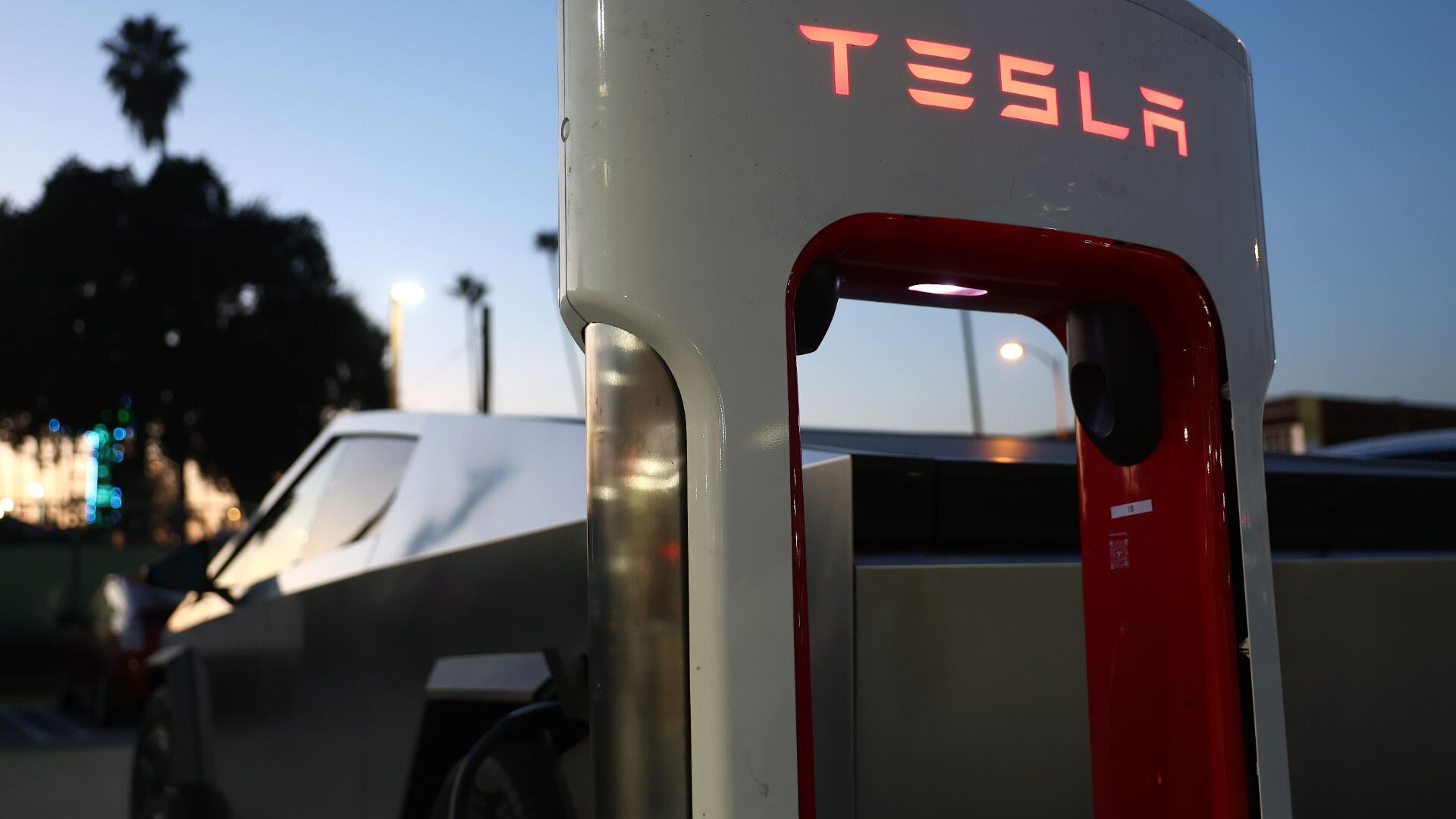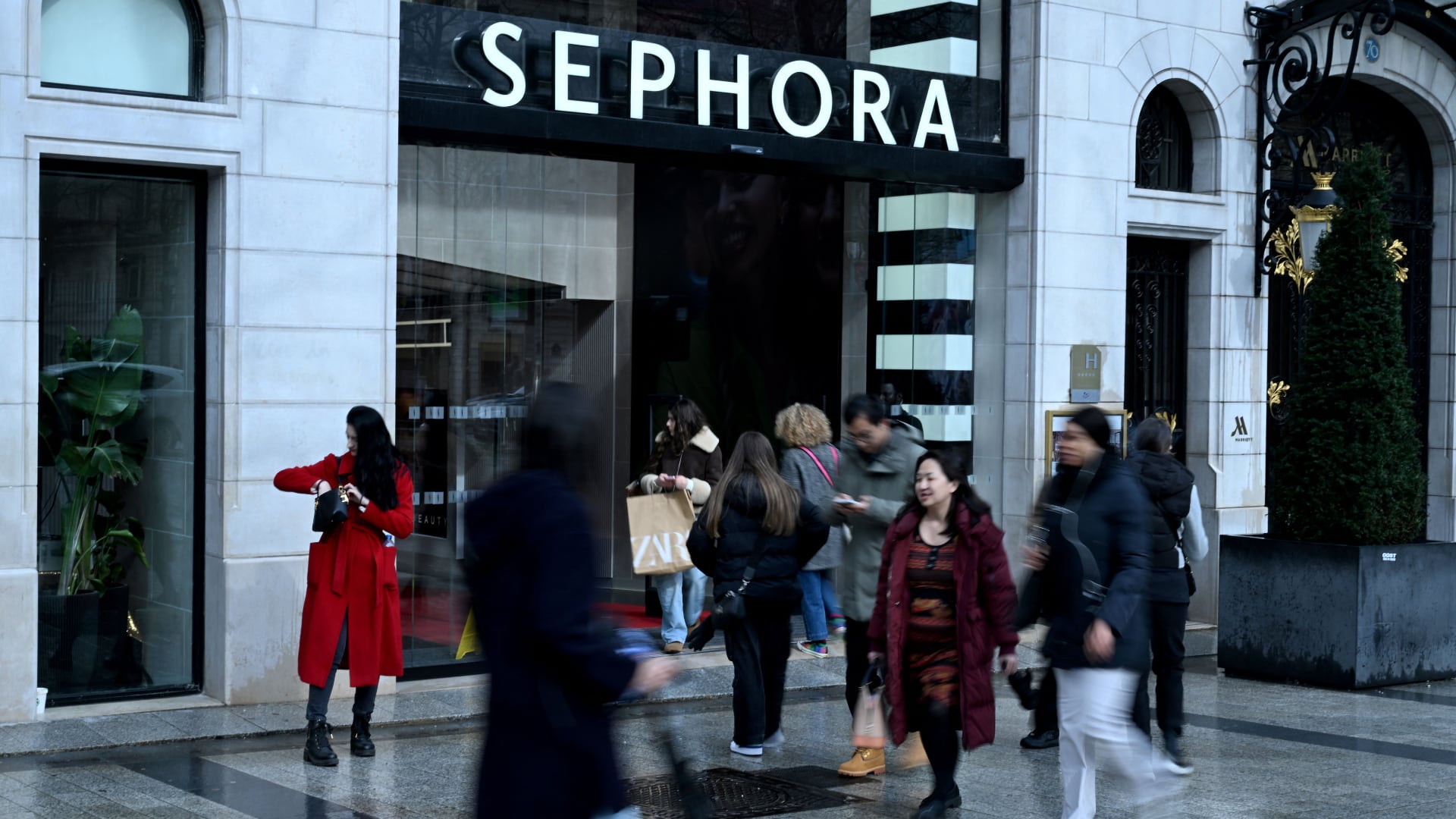By Michael Liedtke
Apple is closing 11 stores in Arizona, Florida, North Carolina, and South Carolina that it had reopened just a few weeks ago as coronavirus infection rates in some regions in the U.S. begin to rise.
The decision announced Friday is another sign that the pandemic might prevent the economy from bouncing back as quickly as some states have been hoping. Those concerns sent stocks on Wall Street lower Friday.
Arizona and Florida have both experienced rising incidents of new cases and rates of those testing positive for COVID-19.
There were 286.7 new cases of COVID-19 per 100,000 people in Arizona over the past two weeks, which ranks first in the country for new cases per capita. The rolling average number of daily new cases has increased by 1,024.1, or 143.1 percent.
Over the past two weeks, the rolling average number of daily new cases in Florida has increased by 1,422.7, or 144.4 percent., according to researchers at Johns Hopkins University tracking the virus.
"We take this step with an abundance of caution as we closely monitor the situation and we look forward to having our teams and customers back as soon as possible," Apple said in a prepared statement.
The Carolinas have also experienced an uptick, based on the John Hopkins data.
There were 179.3 new cases per 100,000 people in South Carolina over the past two weeks, which ranks fourth in the country for new cases per capita. The rolling average number of daily new cases has increased by 495, or 213.0 percent.
In North Carolina, the rolling average number of daily new cases has increased by 36.8 percent or 329.7 people per 100,000.
Apple began reopening more than 30 stores scattered across the country last month after shutting down all of its U.S. brick-and-mortar locations in March. The Cupertino, California, company has continued to sell iPhones, including a new $399 model released during the lockdown, and other products in its online store.
Seven of the Apple stores that are closing again are in Arizona. Two stores are closing in both Florida and North Carolina. The other one is in South Carolina.
Although he doesn't expect the store closures to put a significant dent in Apple's sales, Wedbush Securities Daniel Ives said the move "is a worrisome trend that speaks to the volatility and fluidity of this COVID environment."
Like many of the biggest players in the technology industry, Apple has been faring far better than most companies as the U.S. economy has plunged into a recession that is widely expected to last through this year. Apple's stock price hit a record high of $356.56 in Friday's early trading before news of the store closures rattled investors.
The shares were down by about 1.5 percent in afternoon trading.













